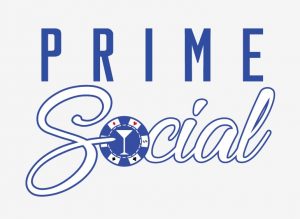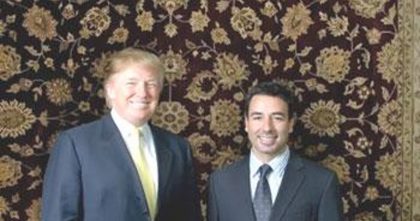Charges Dropped in Houston Poker Club Case After Consultancy Ties Exposed
Harris County (Texas) prosecutors have dismissed all charges related to the closure of two private poker clubs operating in Houston that were raided in early May. A total of nine owners and operators of the two venues, the Post Oak Poker Club and the Prime Social Poker Club, had faced a variety of counts related to the alleged operation of an illegal gambling business.
All those charges have been dropped, clearing the way for both clubs to reopen, at least in the short term. One of the two clubs, Prime Social, has announced its intent to reopen, but also noted that it was still battling a civil case separately brought against it seeking the club’s closure on “public nuisance” grounds.
 The most interesting development, however, is the primary reason now asserted for the charges being dropped. According to local Houston reports, jailhouse discussions between the two clubs’ principals shortly following the May 1 raids uncovered the fact that both clubs had been approached by a consultant in the county’s employ who promised to arrange formal legal approval for the clubs’ operation in exchange for hundreds of thousands of the dollars.
The most interesting development, however, is the primary reason now asserted for the charges being dropped. According to local Houston reports, jailhouse discussions between the two clubs’ principals shortly following the May 1 raids uncovered the fact that both clubs had been approached by a consultant in the county’s employ who promised to arrange formal legal approval for the clubs’ operation in exchange for hundreds of thousands of the dollars.
The reports name Amir Mireskandari (feature photo above), whose employment by the Harris County District Attorney’s office has since been terminated. Mireskendari, who operates several opaque investment firms in Texas and Washington D.C. and promotes his ties to the United States’ leading fraudster, Donald Trump, alledgedly pushed a scheme to the owners of both Post Oak and Prime Social. That scheme promised inside political access to District Attorney Kim Ogg’s office and to Harris County politicians as well, purportedly to get codes passed that would get the clubs existence onto firmer legal ground.
In a pay-to-play scheme somewhat reminiscent of Full Tilt Poker paying a million dollars under the table a decade ago to Nevada Senator Harry Reid to author favorable online-poker legislation, Mireskandari and two other unnamed associates extracted $250,000 from the Prime Social ownership, with another $250,000 due as the supposed legalization scheme moved forward. The Post Oak owners were offered the same deal but looked into its workings and backed away, believing it to be the scam that it likely was all along.
Mireskandari was also a significant political donor to Ogg and to other prominent politicians around Houston. That relationship is also likely to be examined, as Ogg’s office, while announcing the dropping of the charges against the two clubs, has also turned over the entire matter to the US’s Federal Bureau of Investigation (FBI). While an FBI investigation is a concern to all involved, its federal focus is far more likely to be on Mireskandari’s pay-for-play activities than on the two Houston poker clubs, whose legality is more of a local and state matter.


















COMMENTS